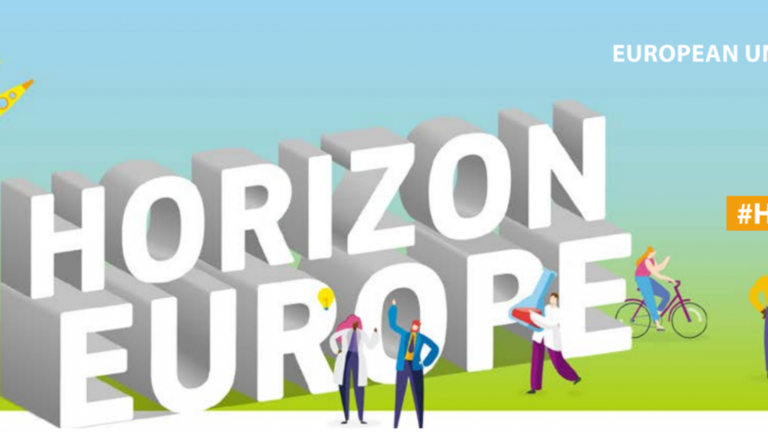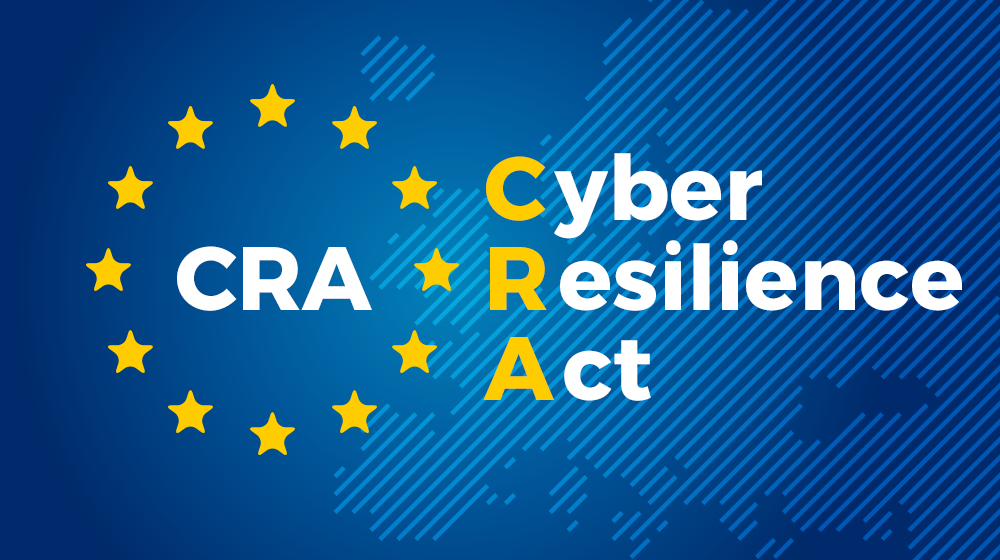Emerging from three days of spirited debate in Darmstadt, the conversation around dataspaces has shifted decisively from “what if” to “what’s next.” At the heart of this evolution lies a handful of technological breakthroughs that participants agreed will define the coming months. Federated learning engines, for example, are now being tuned to operate across dozens of organizational firewalls, enabling partners to train shared machine-learning models without ever surrendering their raw data. Equally transformative are advances in semantic interoperability: next-generation ontologies built on graph-database platforms promise to harmonize data from energy networks, manufacturing sensors and urban-planning systems so seamlessly that applications can discover and interpret new data sources on the fly. And finally, distributed ledger technologies have matured beyond proof-of-concept, with smart-contract frameworks now able to enforce data-usage policies in real time, automatically granting or revoking permissions as agreed by consortium members.
For smaller organizations and startups, the once-towering barriers to entry are beginning to crumble. By embracing “dataspace-as-a-service” offerings from specialist providers, a nimble six-person energy-tech startup can stand up a complete node on the IDSA network in under a week, instantly tapping into shared data catalogs without building its own heavy infrastructure. Those same firms are discovering that early membership in regional data-governance bodies, whether convened by industry associations or chambers of commerce, gives them a voice in defining the APIs and access rules that will shape entire value chains. Far from being marginalized, these newcomers often find their innovative sensor-fusion algorithms and lightweight consent-management tools prized by larger incumbents, who are eager to plug fresh services into the dataspace ecosystem without reinventing the wheel.
Yet whenever data flows more freely, the specter of privacy and security inevitably looms large. Symposium delegates heard how cutting-edge homomorphic encryption schemes are now able to perform analytics on encrypted datasets without exposing underlying personal information: a capability that has already been piloted in cross-border health-data collaborations. Alongside this, privacy-enhancing identity platforms are empowering individuals and enterprises to present verifiable credentials (“I am a certified grid operator,” “I own this device”) without revealing any extraneous personal or corporate details. Behind the scenes, independent security-audit consortia have begun publishing continuous-monitoring reports, using automated penetration tests and compliance checks to ensure that every node in a dataspace adheres to the latest best practices. Taken together, these layers of cryptographic and procedural safeguards promise not only to defend against breaches but to build the trust that underpins every successful data partnership.
As the evening sessions wound down and participants swapped business cards under the glow of cavernous exhibition halls, one theme crystallized above all: dataspaces will only fulfill their promise when the technological, organizational and human dimensions are advanced in concert. Startups must remain nimble; legacy players must stay open; regulators must stay curious; and above all, every contributor must insist on both innovation and integrity as the twin pillars of a truly data-driven economy. In this delicate balance lies the transformative power of dataspaces and, perhaps, the blueprint for the next great wave of European competitiveness.




